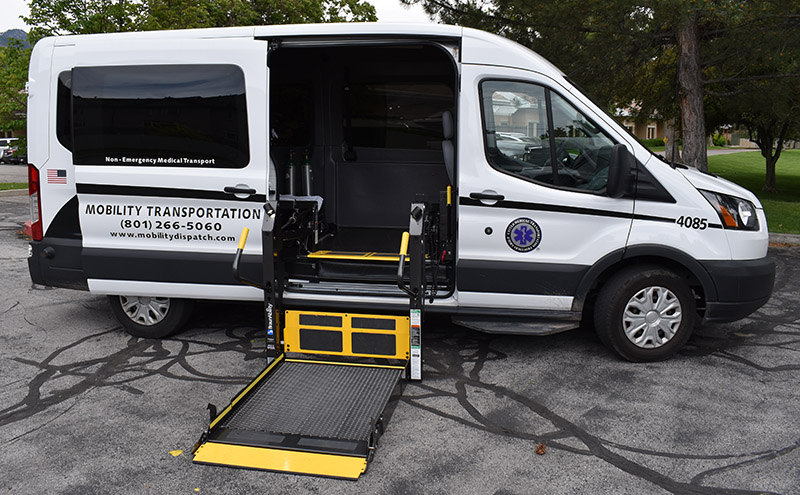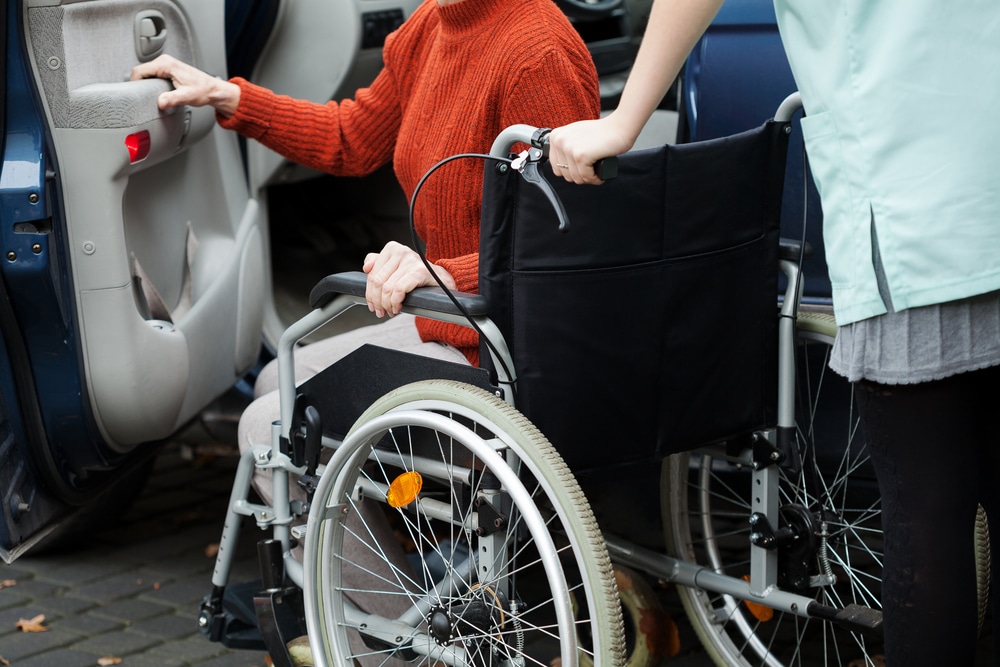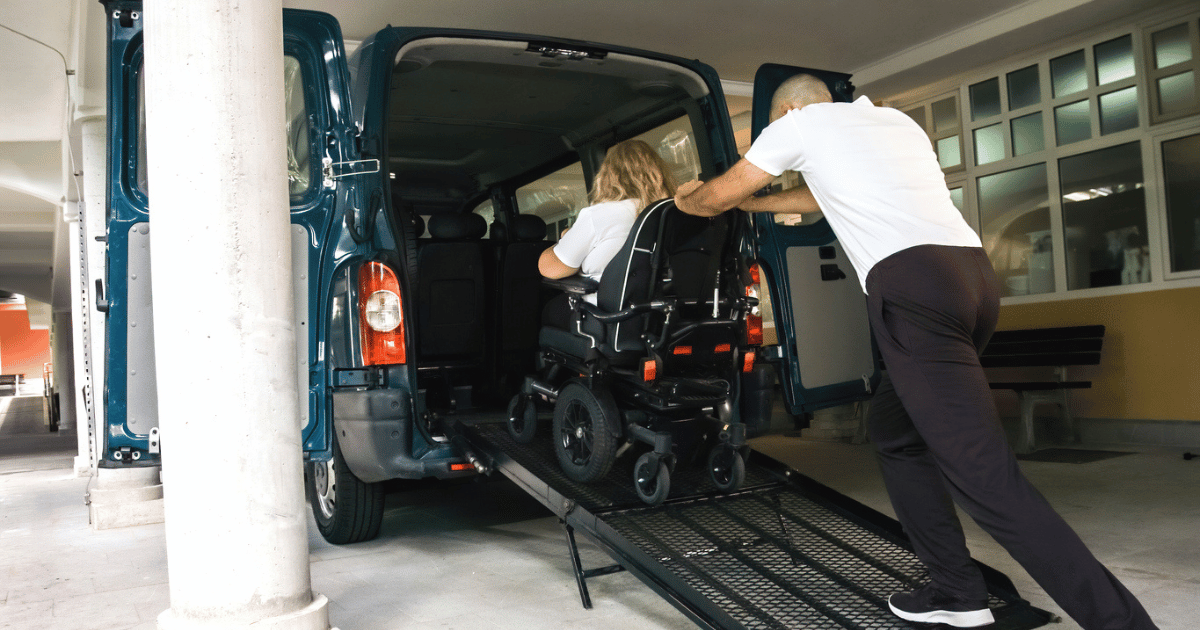Budget Friendly and Accessible Medical Transportation Options for every single Situation
In the realm of health care, the ability to access clinical solutions is paramount, yet the difficulty of economical and easily accessible transportation can typically prevent people from receiving required care. By exploring specific medical transport solutions, neighborhood transport programs, ride-sharing and taxi solutions, non-emergency clinical transportation, as well as public transportation and paratransit alternatives, people can locate methods that provide to their specific needs and guarantee they obtain the treatment they require.
Specialized Medical Transport Solutions
Specialized medical transport services play a crucial duty in ensuring secure and reliable transport for individuals calling for specialized treatment during transit. These solutions deal with individuals with distinct clinical requirements, such as those requiring continuous monitoring, customized tools, or clinical interventions throughout transportation. By utilizing particularly equipped vehicles and experienced medical employees, specialized medical transportation services ensure that individuals receive the essential care while being moved between medical care facilities, houses, or other places.
One trick aspect of specific clinical transportation services is the concentrate on person comfort and safety and security. Medical transport groups are trained to manage numerous medical conditions and emergency situations that might emerge during transit, supplying a greater degree of treatment than traditional transport choices. Furthermore, these solutions often provide door-to-door help, decreasing the stress and discomfort that individuals may experience throughout transfers.
Neighborhood Transport Programs
Having resolved the essential duty of specific medical transportation solutions in making sure safe and reliable transportation for individuals with one-of-a-kind medical needs, the emphasis currently shifts to examining Area Transportation Programs - medical transportation. These programs play a vital function in providing inexpensive and obtainable transport options for the basic population, including elders, individuals with impairments, and low-income families who may deal with challenges in accessing conventional transport choices
Community Transport Programs include a variety of services such as fixed-route buses, paratransit solutions, volunteer chauffeur programs, and ridesharing campaigns. These programs are commonly subsidized by local governments, charitable companies, or private companies to make sure that people have dependable transport options to reach medical visits, supermarket, social activities, and other important destinations.
Ride-Sharing and Taxi Providers

Among the key benefits of ride-sharing and taxi services is their availability. These solutions operate 24/7, permitting people to take a trip to clinical consultations, pharmacies, or medical facilities at any moment of the day. In addition, ride-sharing and taxi solutions accommodate people with flexibility challenges by offering wheelchair-accessible lorries upon demand.
Additionally, ride-sharing and taxi solutions can be especially valuable for people residing in areas with minimal mass transit alternatives. By connecting see this the space between home and medical care centers, these services play a crucial duty in making certain that everybody has access to essential clinical services.
Non-Emergency Medical Transport

Non-Emergency Medical Transportation companies commonly employ qualified workers that are experienced in aiding people with varying medical requirements. By using door-to-door solution, Non-Emergency Medical Transportation boosts the overall accessibility of health care for individuals who might or else battle to attend essential medical appointments.
Public Transit and Paratransit Options
Public transit and paratransit options provide important transportation solutions for people with varying movement needs, ensuring access to important destinations click for more info such as clinical facilities and appointments. Public transportation systems, including buses, trains, and subways, provide a cost-effective and extensively offered mode of transport for individuals looking for to get to medical consultations. These services are especially advantageous for those that may not have accessibility to private lorries or require aid because of movement obstacles.
Paratransit services provide specifically to individuals with disabilities who are incapable to use standard mass transit. These solutions provide door-to-door transport, suiting individuals with wheelchairs, pedestrians, or other movement help. Paratransit vehicles are geared up with attributes such as mobility device ramps and securement systems to ensure the safe and comfortable transportation of travelers with differing mobility demands.

Final Thought
